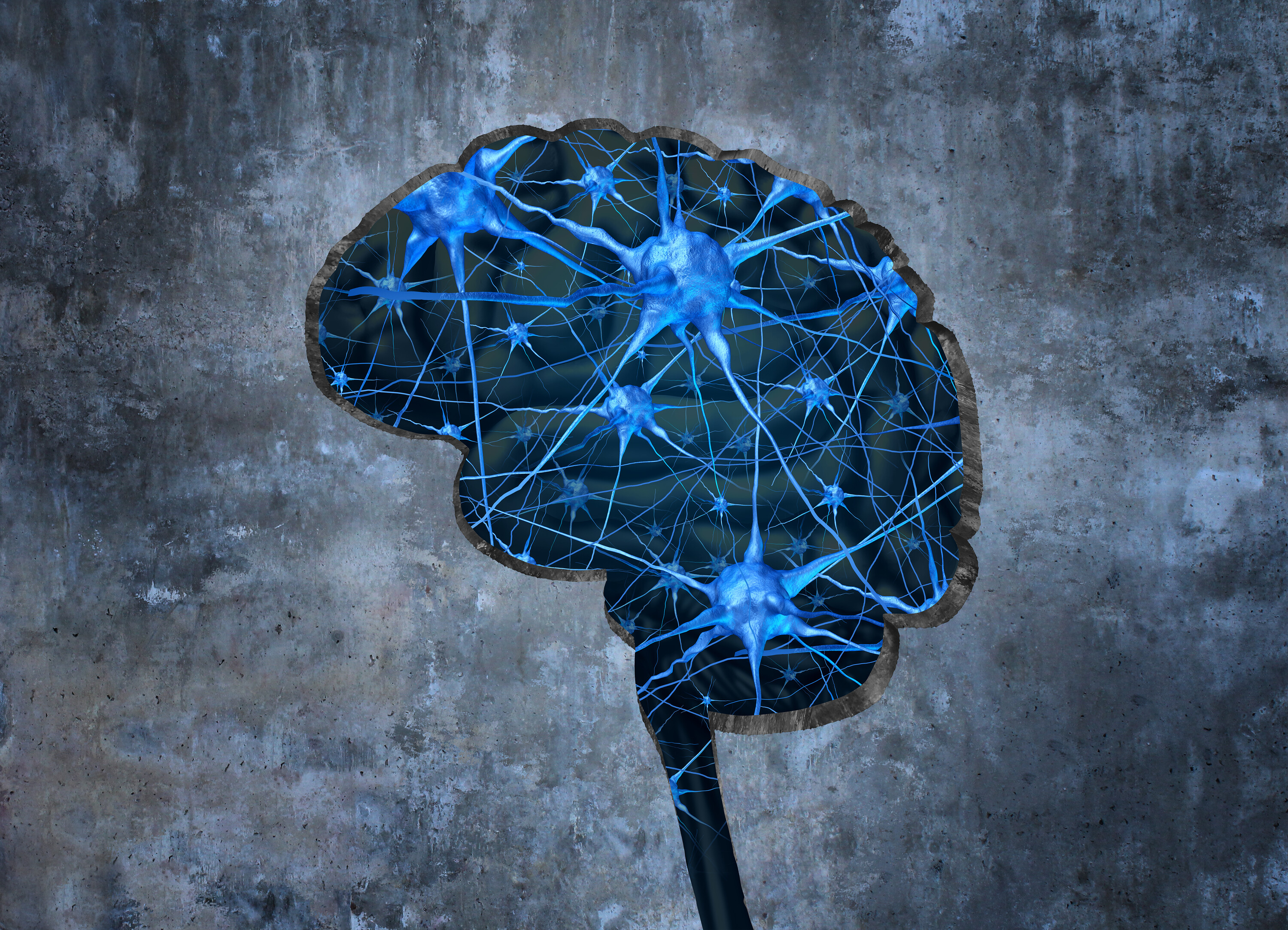Finding hope for neurological disorders
Over the past 25 years, the number of people suffering from neurological disorders has climbed and poses what the World Health Organization calls “one of the greatest threats to public health.” Neurological disorders cover a broad spectrum of conditions that center on the brain, spinal cord and nervous system ranging from chronic headaches to strokes. One of the main reasons for the increase is that people are living longer than ever before and are experiencing strokes, dementia and other neurological disorders. Since many of these people need help with daily activities, caring for this population has become challenging. Here are a few insights into this growing issue.
A long list
There are currently more than 600 recognized neurological disorders. Some of the common types include diseases caused by faulty genes like muscular dystrophy or issues with nervous system development like spina bifida. There are also disorders caused by degenerative diseases where nerve cells are damaged or die as in Parkinson’s disease or Alzheimer’s disease. Some disorders are caused by diseases of the blood vessels that supply blood to the brain and cause strokes. Seizure disorders like epilepsy, brain tumors and infections that spread to the brain make up several other neurological disorders.
Not a mental illness
Neurological disorders are not the same as mental illness. Neurological disorders all involve malfunction of or damage to the nervous system — the brain, spinal cord, and nerves. Psychiatric disorders are disturbed behavior and emotional state.
Leading cause of disability
More than 100 million Americans are struggling with neurological diseases, according to a report from the journal, Annals of Neurology. Since these disorders affect the body’s brain and nervous system, they can impact daily life activities from breathing to walking. Finding ways to cope with their disabilities is a major challenge for patients and their families.
Not always fatal but still serious
Although neurological disorders are not always fatal, they are cause for concern since they can severely affect a person’s ability to function in daily life. Finding ways for people to continue to live independently with assistive devices and therapy is an ongoing concern.
Coping with challenges
Life changes after having a stroke or being diagnosed with a neurological disease. Everything from balance to speech can be affected. Suddenly, simple tasks like getting dressed or taking a shower become overwhelming. Finding ways to overcome these challenges is one of the goals of the expanded neurological rehabilitation program at Whitehall in Deerfield. Patients in this program receive leading-edge, one-on-one physical, occupational and speech therapy up to seven days a week to help them increase their independence and quality of life.
This innovative program at Whitehall of Deerfield begins with a complete neurological assessment and diagnostic testing so that an individualized program of therapy can be designed to meet each patient’s needs. The staff takes a holistic approach by looking at the physical and emotional needs of the patient. Specialized therapies offered include 24-hour nursing care, targeted diets, group sessions of relaxation therapy, psychological services and educational sessions for both the patient and the family. Staff, patient and family take a team approach to the neurological challenges to find ways to address them.
Whitehall of Deerfield has made a commitment to neurological rehabilitation with numerous specialized therapies. There is a full-time respiratory therapist who works with patients to avoid pneumonia and other breathing issues. Staff trained in specific neuro development therapies offer innovative treatments like proprioceptive neuromuscular facilitation. This advanced form of stretching and contracting targeted muscle groups has been shown to increase range of motion. These trained therapists work with patients to stretch a muscle to its limit, which triggers a reflex that calms the muscle and increases flexibility. In addition, Whitehall has a highly acclaimed therapy gym featuring the latest neurological therapy equipment to aid in regaining strength and balance.
Another innovative therapy offered at Whitehall of Deerfield is VitalStim, which uses electrical stimulation to aid in muscle strengthening and muscle recruitment so patients are able to swallow more effectively.
The multidisciplinary team understands that the goal is to have an independent lifestyle so after spending time at Whitehall of Deerfield working on everyday skills, patients can move into a transitional suite for a trial run of living on their own for a few days. Staff can also provide virtual home assessments and visits to ensure a smooth transition home.
All of this specialized neurological rehabilitation is offered in the world class comfort that has earned Whitehall of Deerfield a reputation for the best care possible. Attentive concierge service, daily delivery of Starbucks coffee and newspaper to your room, valet parking for your visitors, in-room dining and a Wellness Spa are just a few of the many services offered during a stay at Whitehall of Deerfield. Meals from a diverse menu can be taken in the privacy of your room or in the elegant dining room. Gourmet coffee, freshly-baked goods and ice cream refreshments are also available to all guests.
To have an effective neurological recovery experience that is also world class, choose Whitehall of Deerfield. To learn more about Whitehall of Deerfield, visit whitehallofdeerfield.com or call 847-945-4600.

